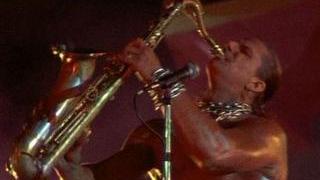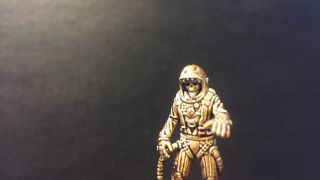Officially finished the first part. Sorry it's taking me so long - it's the end of the semester so it's been pretty busy.
Really enjoying it. Some great humor and strong commentary about/against organized religion and its domination of "knowledge" throughout history.






 Reply With Quote
Reply With Quote





 forum
forum